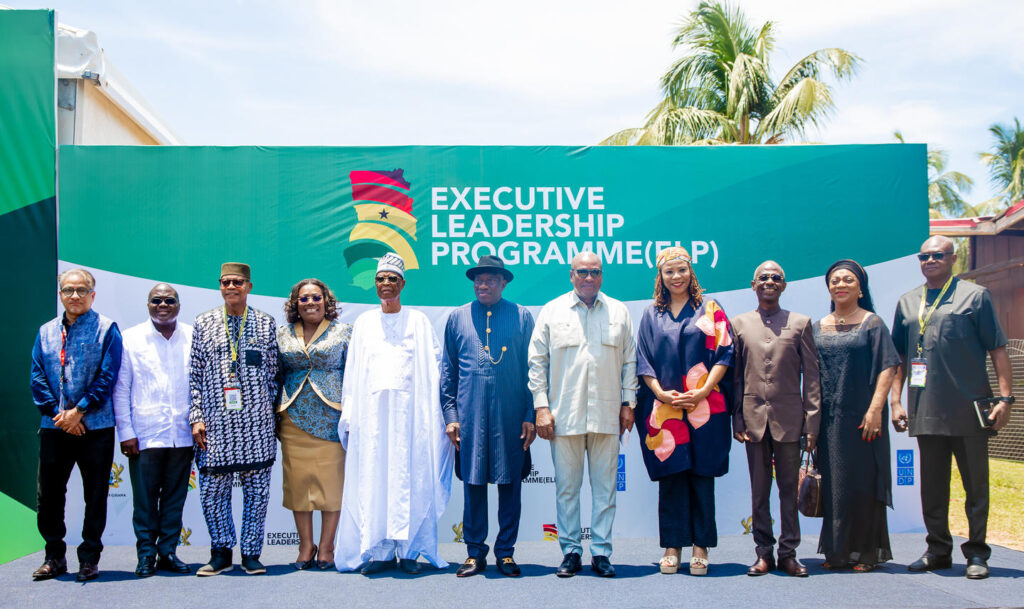For decades, Africa has grappled with the paradox of immense potential and persistent underdevelopment. Blessed with vast natural resources, a burgeoning youth population, and cultural dynamism, the continent should be surging forward. Yet, much of its progress remains stunted. At the heart of this conundrum lies an issue too often swept aside in political discourse — leadership. Or more precisely, the crisis of leadership and the short-sighted policies it breeds.
From Accra to Addis Ababa, African governments are plagued by the failure to think long-term. What passes as strategy is often shallow political maneuvering — designed to win elections, appease donors, or suppress dissent. The result? A continent where innovation is stifled, infrastructure remains inadequate, and education and healthcare are in a perpetual state of crisis.
The Political Myopia
Short-term thinking has become endemic. Governments frequently prioritize flashy projects that yield immediate political dividends but lack sustainability or long-term impact. Airports named after presidents, grand but empty stadiums, and cosmetic urban beautification projects become symbolic victories while roads crumble and schools operate without basic supplies.
In many African states, development plans are either hastily assembled or retracted with every change in administration. Policy continuity essential for stable growth is an alien concept. A new president means the death of previous projects, even those with merit. Civil servants, who ought to anchor institutional memory, are often reshuffled or purged for political expediency.
This churn of policies creates a dangerous loop of restarts and reversals, with no time for impact assessment or course correction. And while governments recycle empty rhetoric of “Vision 2030” or “Agenda 2063,” their actions rarely reflect such timelines.
Youth Betrayed
Nowhere is the cost of this shortsightedness more glaring than in Africa’s handling of its youth. Over 60% of the population is under 25, yet most governments treat this demographic either as a threat or as campaign ornaments.
Education systems are failing. Not just in access, but in quality and relevance. Instead of preparing youth for the jobs of the future, many curricula remain stuck in post-colonial paradigms. Technical and vocational education is underfunded, innovation hubs are rare, and policy support for startups is minimal or non-existent.
Meanwhile, underemployment and joblessness rise feeding disillusionment, migration, and sometimes extremism. When young people feel they have no future in their own country, the cost is not just personal; it is national.
External Dependence, Internal Inertia
Another symptom of poor leadership is the continent’s habitual dependence on foreign actors to set development agendas. From IMF loans to Chinese infrastructure investments, Africa’s sovereignty in decision-making is compromised by its failure to harness its own resources effectively.
Leaders continue to mortgage national assets in exchange for quick funding, often under opaque terms that burden future generations. Rather than building regional value chains, many countries remain content exporting raw materials and importing finished goods a neocolonial economic structure that stifles local industry and deepens poverty.
A Call for Strategic Statesmanship
Africa’s salvation will not come from aid, nor from foreign investors. It must rise through its own capacity — and that starts with visionary, disciplined, and courageous leadership. Leaders who can look beyond the next election, who build institutions rather than dismantle them, and who are willing to invest in education, technology, agriculture, and intra-African trade.
The African Continental Free Trade Area (AfCFTA) is one such opportunity. But if handled with the same short-sightedness as past initiatives, it risks becoming just another acronym with little real-world impact.
The question is: Can African leaders both current and aspiring break free from the politics of the immediate and embrace the responsibility of shaping a sustainable future?
History will not be kind to those who had the chance to reimagine Africa but chose instead to repeat the mistakes of the past.
The continent deserves better. Its people demand more. And its future — if it is to be bright — must be led with foresight, not fear.


